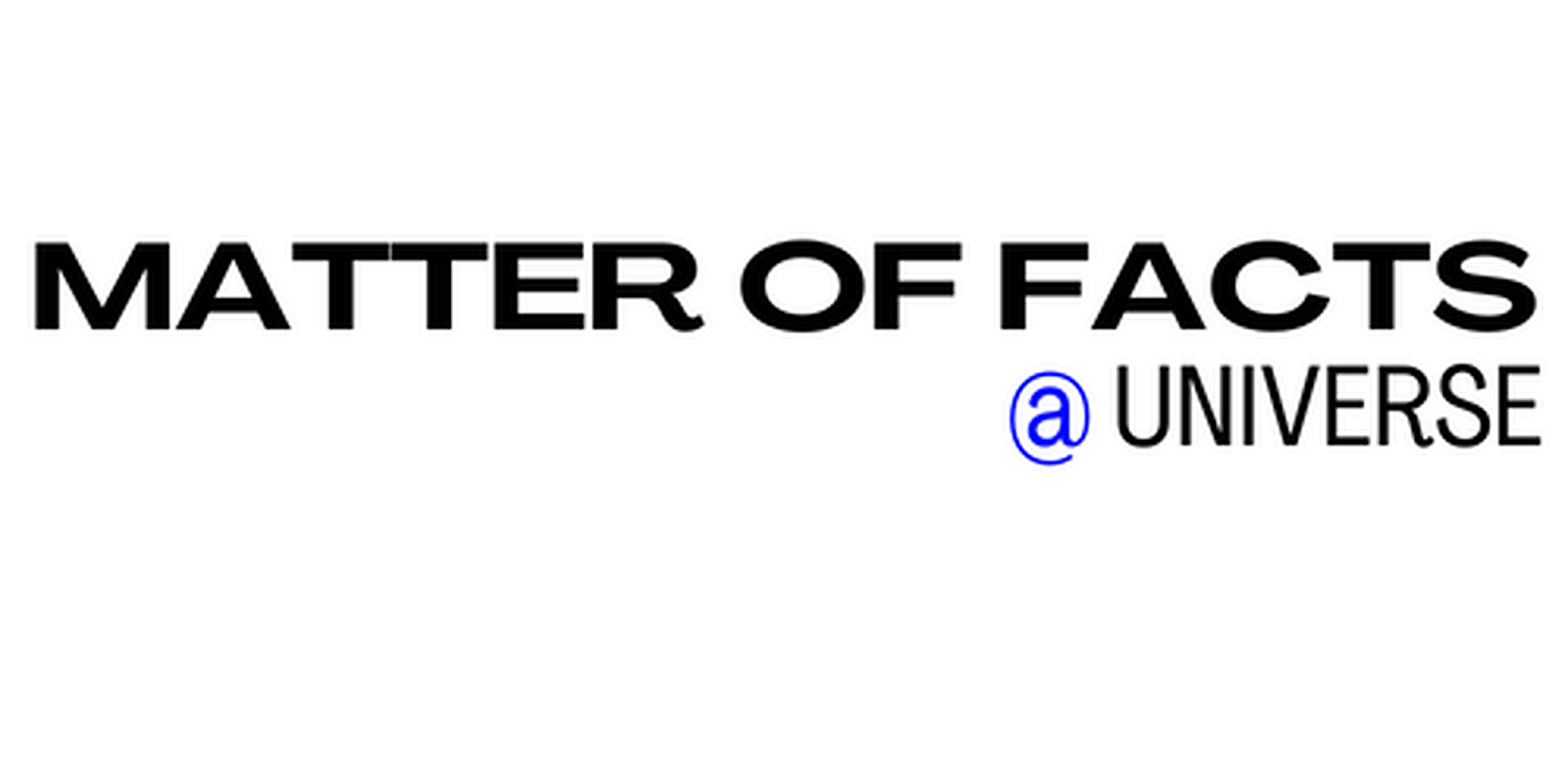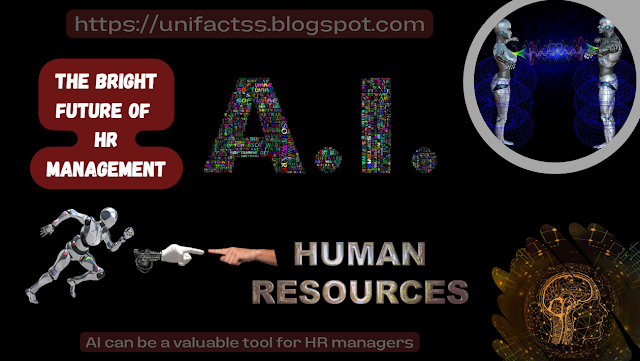 |
“I would like to extend my sincere thanks to Mr. Anees Ur Rehman for helping and sharing information writing this Article” |
HR Management, also known as Human Resource Management, is the practice of managing the people within an organization to help the organization achieve its goals.
The main responsibilities of HR
management include recruiting and hiring new employees, training and developing
current employees, managing employee benefits, addressing employee concerns and
conflicts, and creating and enforcing organizational policies.
Read More:
What is the future of AI in HR?
Why Artificial intelligence is important in human
resource management?
What is the
positive impact of AI on HR?
Effective HR management is essential for the success of any organization, as it helps ensure that the organization has the right people with the right skills in the right positions. HR management also plays a critical role in creating a positive and productive workplace culture, as well as in managing employee performance, retention, and development.
Overall, HR management involves a range of practices and strategies that are designed to support and manage the people within an organization in order to achieve its goals and objectives.
AI (artificial intelligence) is increasingly being used in HR management to improve the efficiency and effectiveness of HR practices. AI technologies can help automate routine tasks such as resume screening, scheduling interviews, and sending out onboarding materials, allowing HR professionals to focus on more strategic activities such as employee development and engagement
1.
Recruitment and selection:
AI can help automate the initial screening process of resumes, making the hiring process more efficient and effective. AI-powered tools can also assist in conducting online assessments and analyzing candidate data to identify the best-fit candidates.
2.
Employee Engagement and Retention:
 |
| https://unifactss.blogspot.com |
AI can help predict employee attrition and identify employees who may be at risk of leaving. This can enable HR to intervene and take proactive steps to improve employee engagement and retention.
3. Performance Management:

https://unifactss.blogspot.com
AI can help identify the key
performance indicators for each role and create performance metrics for
individual employees. AI-powered tools can also provide feedback and suggestions
for performance improvement, helping employees achieve their full potential.
4. Learning
and development:
AI can help personalize training
and development plans for individual employees based on their learning
preferences and skill gaps. AI-powered tools can also recommend learning
modules and resources, making training more efficient and effective.
5. Data
Analytics:
AI can help HR analyze large
amounts of data, such as employee engagement surveys, and identify trends and
patterns that can help improve HR practices and policies.
6. Chatbots:
 |
| https://unifactss.blogspot.com |
AI-powered chatbots can be used to handle routine employee inquiries, such as vacation time, payroll, and benefits. This can reduce the workload on HR staff and provide employees with 24/7 support.
7. Diversity and inclusion:
AI can help reduce unconscious bias in hiring by removing identifying information from resumes and providing more objective candidate assessments. AI can also analyze hiring and promotion data to identify potential biases and suggest interventions to promote diversity and inclusion.
8. Workforce
planning:
AI can help HR managers anticipate
future talent needs and develop workforce plans that align with the company's
strategic goals. AI-powered tools can analyze data on current and projected
business trends and predict workforce demand, enabling HR to take proactive
steps to acquire and retain the right talent.
9. Compliance
AI can help ensure HR practices and
policies are compliant with applicable laws and regulations. AI-powered tools
can monitor HR processes, flag any potential compliance issues, and provide
guidance on how to address them.
10. Health
and safety:
AI can help manage health and
safety in the workplace by analyzing data on accidents and injuries,
identifying potential hazards, and providing recommendations for mitigating
risks. AI can also monitor employee behavior and identify potential safety
violations.
11.
Predictive analytics:
AI can be used to analyze past data
on employee behavior, performance, and engagement to make predictions about
future outcomes. For example, AI could be used to predict which employees are
most likely to be promoted or which ones are most likely to leave the company.
12.
Employee well-being:
 |
| https://unifactss.blogspot.com |
AI can help monitor employee
well-being and mental health, particularly in remote work environments.
AI-powered tools can analyze employee communication patterns, such as email and
chat, to identify signs of stress or burnout. This can enable HR to take
proactive steps to address any issues and promote employee well-being.
13. Personalization:
AI can help personalize the
employee experience, providing customized recommendations and insights based on
individual employee data. For example, AI could recommend job opportunities,
training, or benefits that are tailored to each employee's preferences and needs.
14.
Real-time feedback:
AI can be used to provide real-time feedback to employees on their performance, enabling them to make adjustments and improve their skills. AI-powered tools can monitor employee behavior and provide instant feedback on areas that need improvement.
15. Predictive scheduling:
AI can be used to optimize employee
scheduling, taking into account factors such as availability, skills, and
workload. This can help ensure that the right employees are assigned to the
right tasks at the right time, improving productivity and employee
satisfaction.
16.
Succession planning:
 |
| https://unifactss.blogspot.com |
AI can help identify potential
successors for key roles within the organization, based on factors such as
skills, performance, and potential. This can help ensure that the organization
has a strong pipeline of talent and is prepared for any leadership changes.
17.
Compensation and benefits:
AI can be used to analyze data on
compensation and benefits across the organization, identifying any inequities
or areas where adjustments may be needed. AI can also be used to analyze market
trends and make recommendations on how to stay competitive in terms of
compensation and benefits.
18. Employee
sentiment analysis:
AI can be used to analyze employee
feedback, such as survey responses or social media posts, to identify trends
and patterns in employee sentiment. This can help HR managers understand how
employees feel about the organization and identify areas where improvements can
be made.
19. Fraud
detection:
AI can be used to detect fraudulent
behavior within the organization, such as expense report fraud or time theft.
AI-powered tools can monitor employee behavior and identify any anomalies or
potential fraud, allowing HR managers to take action quickly.
20. Career
development:
AI can help employees identify
potential career paths within the organization, based on their skills and
interests. AI-powered tools can provide personalized recommendations on
training and development opportunities, enabling employees to grow and advance
within the organization.
In summary, AI has the potential to be a game-changer for HR
management, providing valuable insights and recommendations that can help HR
managers make data-driven decisions and improve the employee experience. By
leveraging AI-powered tools and analytics, HR managers can ensure that the
organization is prepared for the future and has the talent it needs to succeed.
AI can be a valuable tool for HR managers, helping them make
data-driven decisions, improve efficiency, and enhance the employee experience,
while also ensuring compliance with applicable laws and regulations. AI has the
potential to transform HR management, making it more effective, efficient, and
inclusive.
AI has the potential to transform HR management in many ways,
making it more efficient, effective, and personalized. By leveraging AI-powered
tools and insights, HR managers can make data-driven decisions and provide a
better employee experience, leading to better outcomes for the organization as
a whole.
Author's Corner
We firmly believe that everyone has the right to receive information that is based on facts and science, as well as analysis that is grounded in authority and integrity. This is the reason we took a different tack and decided to keep our reporting accessible to all readers, regardless of where they reside or their financial situation. This implies that more people can be better educated, more unified, and motivated to take significant action.
Supporting us simply takes a minute and costs as little as $1. Please think about giving us a recurring monthly donation if you can. I'm grateful.







0 Comments
Dear Readers, i started this blog to share information gathered from Researches and Journals...Accurate Information is being delivered...comment ur suggessions